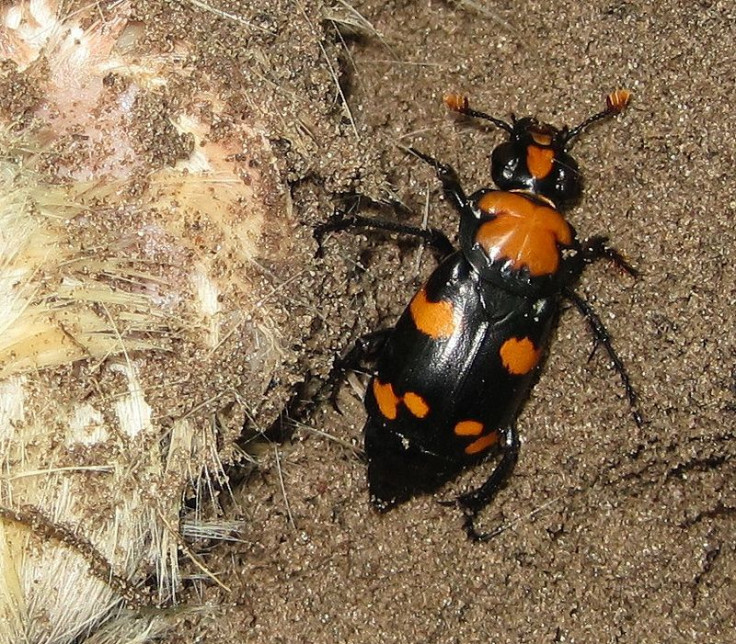Keystone Pipeline: Group Says Senior Government Officials Skewed Data To Benefit Keystone XL Pipeline

Senior government officials inaccurately portrayed the habitat range of an endangered beetle living along the proposed Keystone XL pipeline path and retaliated against colleagues who objected, according to claims in a report released this month by Public Employees for Environmental Responsibility (PEER).
The alleged flawed data, which included a model and map based on it, was not used in assessments of the Keystone XL pipeline’s potential environmental impact.
U.S. Fish and Wildlife Service (FWS) scientists filed a complaint in May 2012 against two managers in the agency, Dixie Porter and Luke Bell, under the Department of Interior’s scientific integrity policy, according to summary reports obtained this month by PEER through Freedom of Information Act requests.
Shortly after the department began investigating in January 2013, the whistle-blowers were suspended, and Porter and Bell published a paper relying on the flawed model and map of the American burying beetle’s habitat in the open access science journal The Open Entomology. The paper was later retracted, according to FWS officials, but it remains viewable online without a note about the retraction.
An Interior panel found in March 2013 that Porter and Bell incorrectly reduced the boundaries of the American burying beetle by 4.5 million acres, or 25 percent, and neglected a peer review process. The three unnamed whistle-blowing scientists have yet to receive compensation for the days they were suspended or have the suspensions removed from their records.
“The FWS has been under pressure from a lot of different angles, pressure that causes them to be less protective of wildlife than [people] would say is their statutory responsibly,” Jeff Ruch, PEER’s executive director, said Tuesday. “In many cases, the wild life service has skewed science.”
One of those pressures, Ruch says, is from Congressional allies of oil and gas companies.
Bell has left FWS for a job in the oil and gas industry, and Porter is expected to resign soon.
After more complaints in late March 2013, Interior launched another investigation of Bell and Porter’s conduct, finding that the two had “knowingly impeded” the first investigation, that employees avoided giving negative feedback to management for fear of suspension, and that Bell and Porter also interfered with data collection regarding freshwater mussels.
But months after the panel concluded that Bell and Porter had committed scientific misconduct, and more than a year after the first complaints, the supervisors had not been disciplined.
“This case is disturbing in the sense that no one seems to have thanked the biologists for their passion for good science and for the courage it took for them to report misconduct at significant risk to their professional and personal well-being,” Mary Kendall, deputy inspector general, wrote in July to FWS, requesting that immediate action be taken to discipline Bell and Porter. Kendall named FWS director Dan Ashe as part of the agency’s senior leadership responsible to take action.
Ruch says that although Interior established a scientific integrity policy in 2011, “the policy still has a lot of kinks to work out.”
“When the case was reviewed, they didn’t know what to do with it,” he said. “They didn’t know how to implement their findings. The next step is not clear.”
© Copyright IBTimes 2024. All rights reserved.






















